" Mutual influence of vortices and quasiparticles in d-wave superconductors "Predrag Nikolic , Harvard [Host: Paul Fendley]
ABSTRACT:
Vortices in clean d-wave superconductors at low temperatures can
behave
as quantum particles. Their quantum dynamics is made possible by the
smallness of their cores, due to short coherence length in typical
cuprates, and by the presence of massless fermionic quasiparticles,
which give rise to certain universal effects. We calculate a small
finite renormalization of vortex mass by the nodal quasiparticles,
and
demonstrate the absence of Bardeen-Stephen damping of vortex motion
in
the limits of zero temperature, no disorder and vanishing core size.
Being liberated from strong friction, light vortices can experience
significant quantum fluctuations that can explain several phenomena
observed in cuprates, including the Nernst effect and density waves.
We
also show that quantum fluctuations of localized vortices can
significantly affect quasiparticle spectra. The local electronic
density
of states (LDOS) near a quantum fluctuating vortex shows no
zero-energy
peak, but has satellite features at energies set by the vortex
trapping
potential. These are proposed to be the origin of the sub-gap LDOS
peaks
observed in recent STM experiments near the vortex cores.
|
Condensed Matter Seminar Thursday, February 1, 2007 4:00 PM Physics Building, Room 204 Note special time. Note special room. |
To add a speaker, send an email to phys-speakers@Virginia.EDU. Please include the seminar type (e.g. Condensed Matter Seminars), date, name of the speaker, title of talk, and an abstract (if available).
 Physics at Virginia
Physics at Virginia